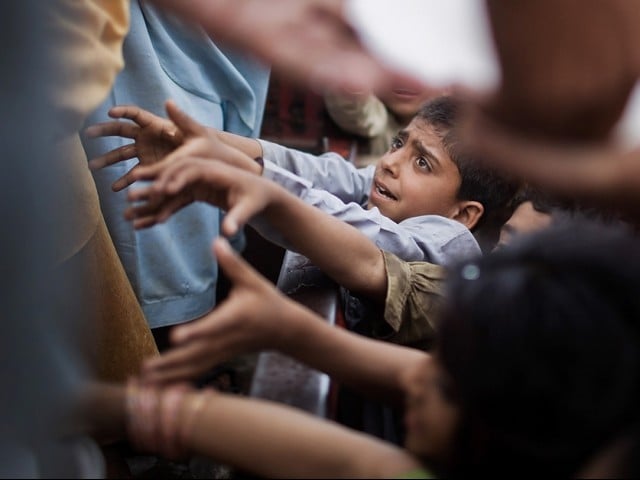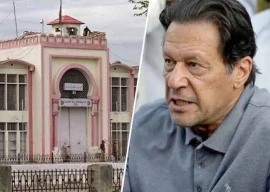
The additional funds will help Unicef and its partners to widen the coverage of the Community-based Management of Acute Malnutrition (CMAM) programme in Tharparkar, Umerkot and Jamshoro districts of Sindh.
The project aims to provide essential life-saving interventions covering a total population of approximately 1.4 million and providing nutrition services to more than 500,000 people, according to an official statement issued on Monday.
Capacity building: UNICEF, govt sign $37m agreement
“The project is focused on saving the lives of lactating, pregnant women and children under the age of five living in drought-hit areas of Sindh and suffering from chronic malnutrition,” Dr Wasil Khan, a znutrition specialist at Unicef, told The Express Tribune.

He added that efforts are under way to save as many lives as possible in the drought-hit areas of the country and hopefully the situation will improve in a number of areas.
“It is a positive sign that the Pakistan government has taken the issue of addressing malnutrition at a policy level which will definitely make a huge difference in the coming years,” said Dr Khan.
Child sexual abuse cases rise by 17%, says UNICEF-funded study
There are many other factors, he said, that are contributing to malnutrition issue in Pakistan such as poverty, education among others and they all need to be addressed to combat this menace.
According to the National Nutrition Survey (NNS) 2011, around 60% of Pakistan’s total population is facing food insecurity and nearly half of the children under the age of five suffer from stunting and around 40% of children are underweight. Meanwhile, more than 70% of mothers in Sindh are deficient in vitamin D, the NNS stated.
Weighty matters: Separate budget to tackle malnutrition
"Women and children are particularly vulnerable to undernutrition, which has a dramatic impact on morbidity and mortality but also on children's physical and cognitive development," said Taheeni Thammanagoda, head of Pakistan office at the European Commission's Humanitarian Aid and Civil Protection department (ECHO), said the statement.
According to Thammanagoda, fighting under-nutrition is a priority for the European Commission and we have increased our funding to nutrition projects and programmes globally by 60% over the last six years.
Since 2010, the commission has been supporting Unicef to counter malnutrition, which is a key concern in Pakistan, especially in areas where people have been repeatedly affected by emergencies.
Published in The Express Tribune, October 20th, 2015.

















COMMENTS
Comments are moderated and generally will be posted if they are on-topic and not abusive.
For more information, please see our Comments FAQ